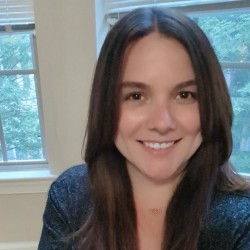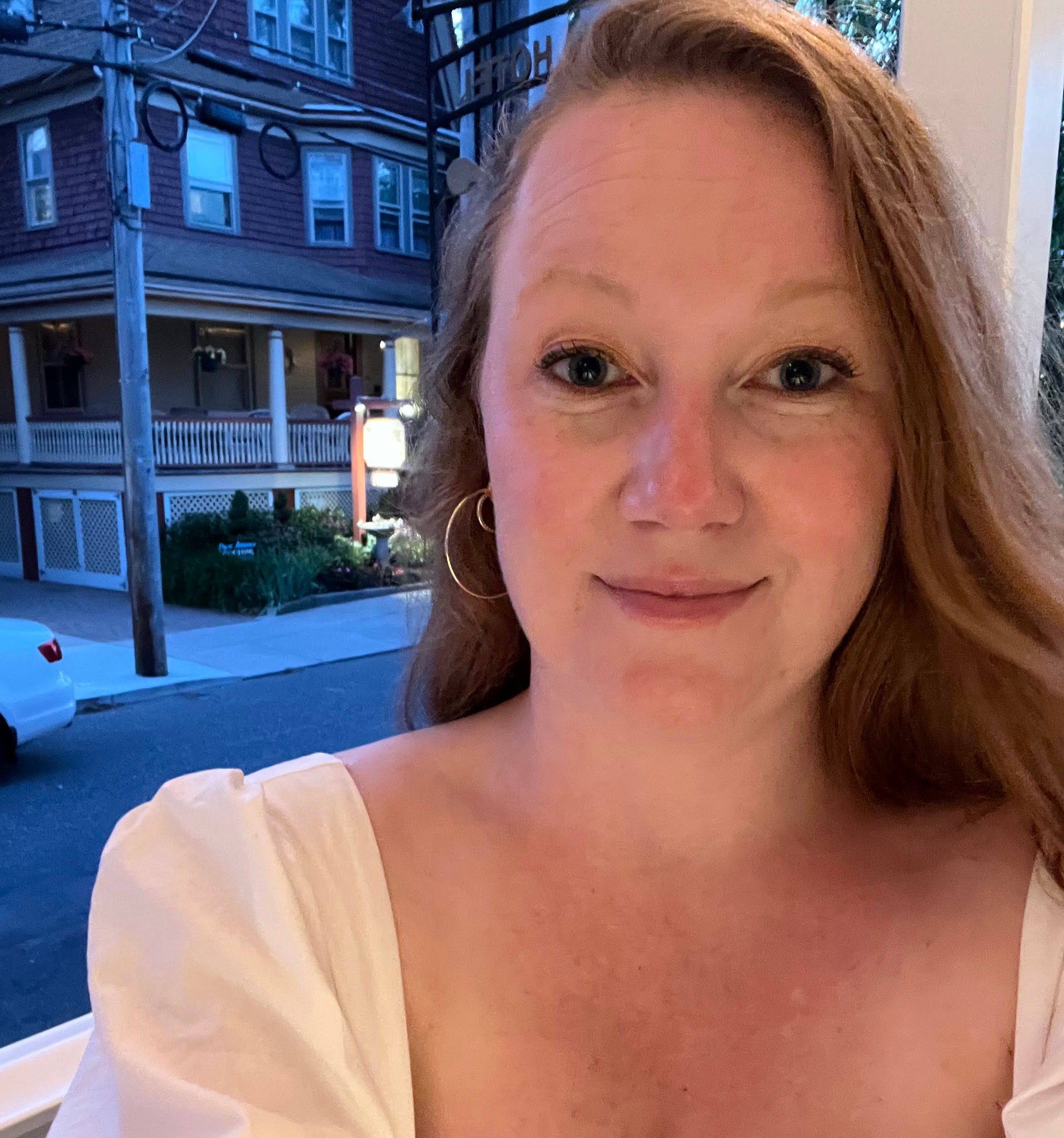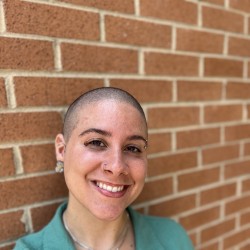Functional Neurological Disorder (FND) Therapy
We offer individual, family therapy and support group services for functional neurological disorders in Fayetteville GA, Philadelphia PA, Ocean City NJ, Mechanicsville VA and Santa Fe NM
What is Functional Neurological Disorder (FND)? Functional Neurological Disorder, according to The Mayo Clinic, is a condition that presents with neurological symptoms such as weakness, abnormal movements, seizures, difficulty swallowing, and sensory changes. This condition is not a neurological or medical condition, but the symptoms are very much real. In other words, a person’s brain is not sending and/or receiving the correct signals. Although FND is not considered a neurological disease, the problem occurs in the functioning of the nervous system. Metaphorically speaking, imagine the person as a computer. The hardware of the computer is intact, but the software, for some unknown reason, is glitchy. The origin of the glitch could be a virus or some other unknown problem. To diagnose a person with FND there must be clear evidence or incompatibility with neurological diseases. FND is considered a rule-in diagnosis, not a rule-out diagnosis. More research is needed to better understand the condition. Functional Neurological Disorder is typically diagnosed by a neurologist.
Function Neurological Disorder (FND) Therapy works. See the bios of treating clinicians at the bottom of this page.
Criteria for FND diagnosis:
At least one altered voluntary motor or sensory function symptom
Incompatibility evidence between the recognized neurological or medical condition and the presenting symptom(s)
Deficits and / or symptoms are not better described by another mental health condition or medical diagnosis.
Deficit and / or symptom (s) create distress or impairment in their social, occupational or other areas of functioning or determined to need a medical evaluation
Common symptoms that a person living with a FND might experience:
Limb weakness or paralysis
Shaking, trembling
Inability to move a particular body part and/or abnormal movement
Falls/fainting
Inability to hear
Difficulty with speech (slurred, quiet, or sometimes stuttering)
Difficulty with sight, including double vision
Pain and fatigue
Sensory problems
Seizures
Sleep disturbance
Dizziness
Gait problems
Bladder or bowel incontinence
Episodes of altered consciousness, loss of consciousness, sometimes to referred to as dissociative attacks
Obsessive compulsive disorder, anxiety, depression
It is important to note that symptoms are real. It is not accurate to assume that symptoms of FND are “all in a person’s head.” What we do know is that western and eastern science is unable to understand the mechanism that is creating this condition. Again, more research is needed to understand exactly what makes the software in the brain glitchy.
The best care for a person living with a Functional Neurological Disorder (FND) is simply to believe that the experience of the patient is real! After the initial diagnosis, treatment typically involves working with a team of specialists: physiotherapy, occupational therapy and psychotherapy.
The Center for Growth believes that the goal of psychotherapy is to retrain the brain. Retraining the brain means teaching our clients ways of building new pathways. Psychoeducation is a key part of treatment. Psychotherapy, because of the enriched environment (extreme emotional intimacy), is able to support the growth of neurons as well as the integration of neural networks. Treatment is based on a safe and trusting relationship, specifically designed to activate cognition and emotion, creating a new narrative. This helps the brain rewire itself as a way to compensate for the injuries and/or disease that the client is experiencing. Psychotherapy focuses on changing maladaptive thoughts and beliefs, reframing old thoughts, and targeting behavioral interventions. Additionally, mindfulness, body/mind awareness, and relaxation skills are taught. Psychotherapy focuses on targeting behaviors that interfere with functioning, developing emotional self-regulation and mindfulness, and normalizing reality. FND is responsive to psychotherapy; clients are often able to experience a reduction of symptoms through treatment. They go on to complete school, hold a job, expand their social networks, and find new language to articulate their thoughts and feelings.
The more quickly clients begin their treatment from the onset of their first symptom, the better their prognosis is. How quickly symptoms map onto the brain matters. Clients who have a personality disorder, experience a longer duration of symptoms, become physically deconditioned, fight the diagnosis, or gain emotional and/or financial benefit from their condition, the longer treatment takes.
Function Neurological Disorder (FND) Therapy works. See the bios of treating clinicians at the bottom of this page.
How can the involvement of friends and family help? Simply believing your loved one’s experience is huge. Their symptoms are real. Although FND symptoms can be triggered by a traumatic or medical event, their body is having a very real, physiological response. By believing in their lived experience, instilling hope, and offering emotional support, you can create safety for those who suffer with FND. Emotional safety often aids in the healing process on an unconscious level; when our bodies feel safe, we have a better chance of recovering.
It is important for friends and family to gather knowledge about FND and how it specifically presents in their loved one. While they cannot understand every symptom that is experienced, they can aid in reinforcing skills that are being learned in therapy, offer emotional and practical support, and model compassionate acceptance. Healing takes time; both the caretaker and the client need continued encouragement and self-care.
Recommended Self Help Articles:
- Managing FND Symptoms: Completing A Five Areas Assessment
- FND Therapy
- Acceptance and Commitment Therapy for FND
- CBT for FND
OUR GUARANTEE: you deserve the best FND therapist possible. If you don't feel like the FND therapist that you met with was the right fit, then free of charge you can try out a different FND therapist. Being in a group practices allows for flexibility.
The Center for Growth has offices in multiple states. We offer both inperson as well as virtual therapy appointments for FND.
The Center for Growth Therapy Offices in CT, DE, GA, NJ, NM, PA, RI, VA
- Fayetteville Therapy Office
101 Devant Street, #606 Fayetteville GA 30214 - Ocean City Therapy Office
360 West Ave, Floor 1, Ocean City, NJ 08226 - Santa Fe Therapy Office
2204 B Brothers Road, Santa Fe, NM 87505 - Art Museum / Fairmount Therapy Office
2401 Pennsylvania Ave, Suite 1a2, Philadelphia, PA 19130 - Society Hill Therapy Office
233 S. 6th Street, C-33, Philadelphia, PA 19106 - Providence Therapy Office
173 Waterman St. Providence, RI 02906 - Mechanicsville Therapy Office
9044 Mann Drive, Mechanicsville, VA 23116 - Telemedicine: We have therapists who are licensed to work in Delaware, Connecticut, Florida, Georgia, New Jersey, New Mexico, Pennsylvania, Rhode Island, and Virginia.
If you would like to schedule a FND therapy appointment, you are encouraged to look at our clinician biographies and schedule online. Each therapist's phone number is listed on their home page, or you can call (215) 922-LOVE (5683) x 100 to speak with one of our intake specialists. You may also contact our Director, “Alex” Caroline Robboy, CAS, MSW, LCSW at (267 324 9564) or our Clinical Director Dr Foust at 267 262 8515 to discuss your particular situation.


















